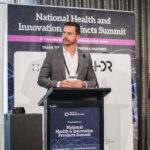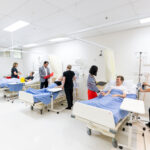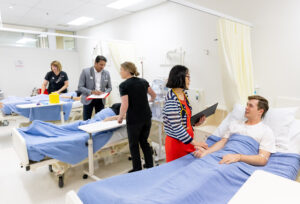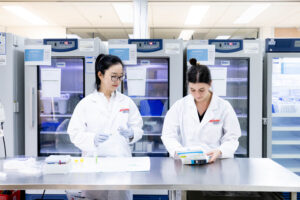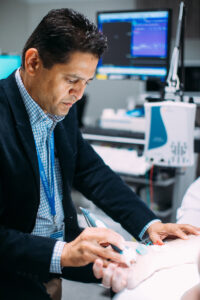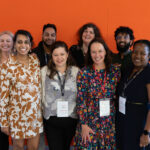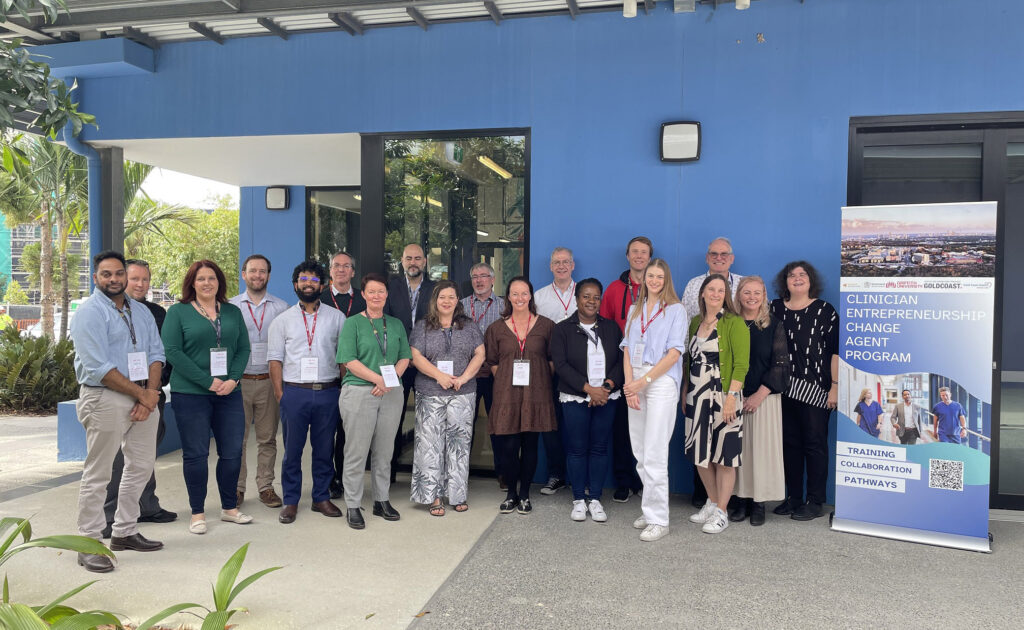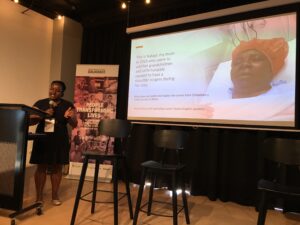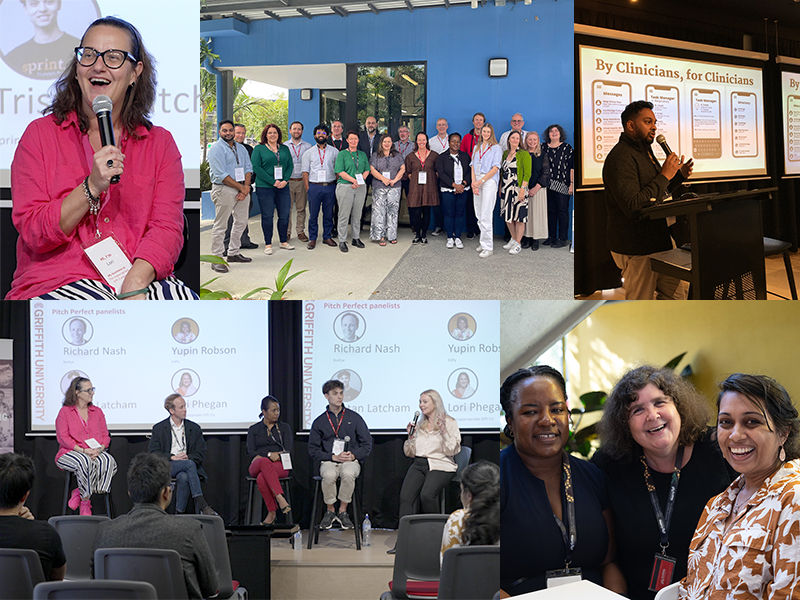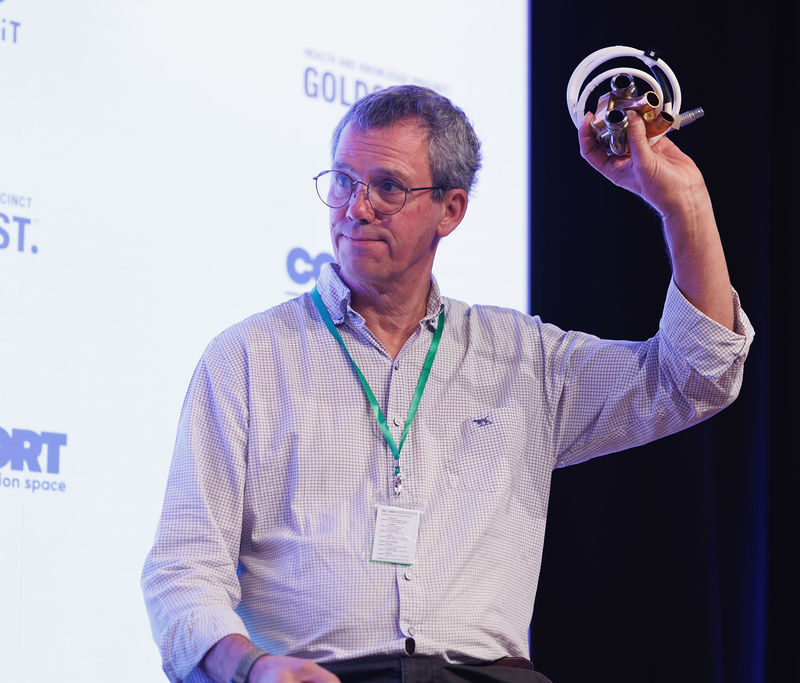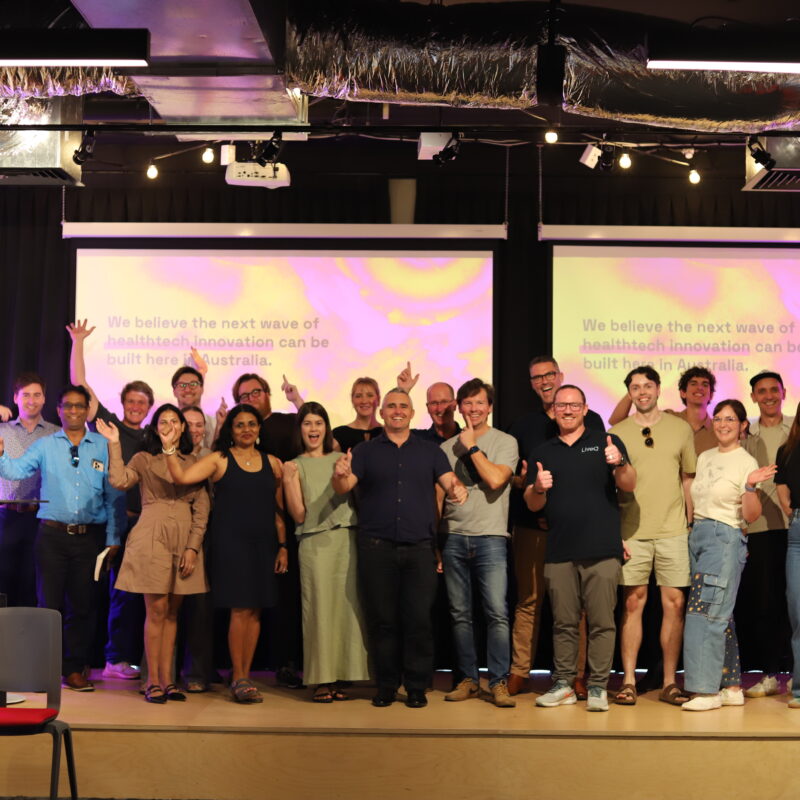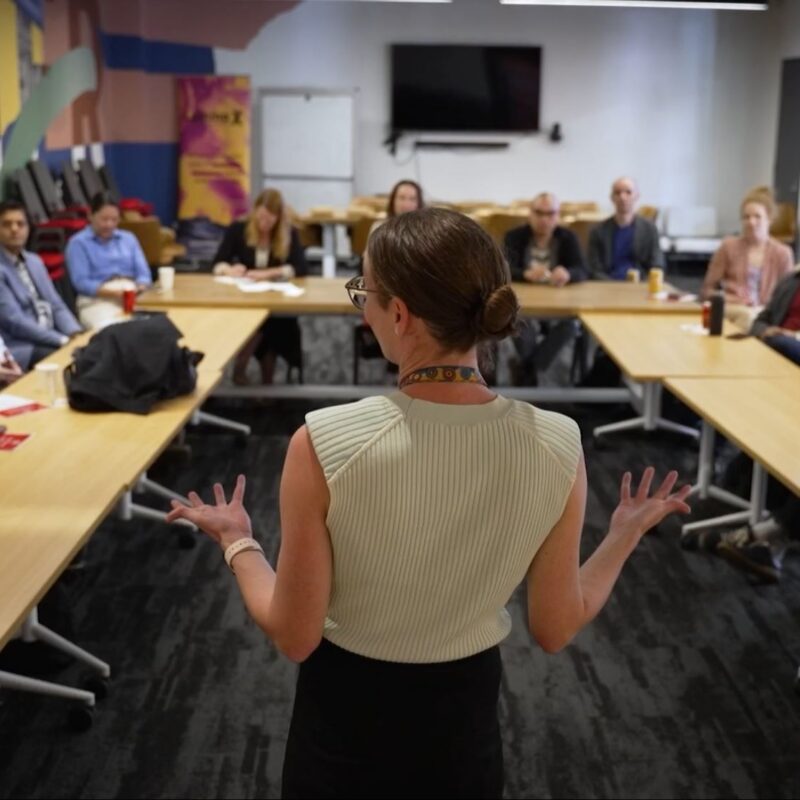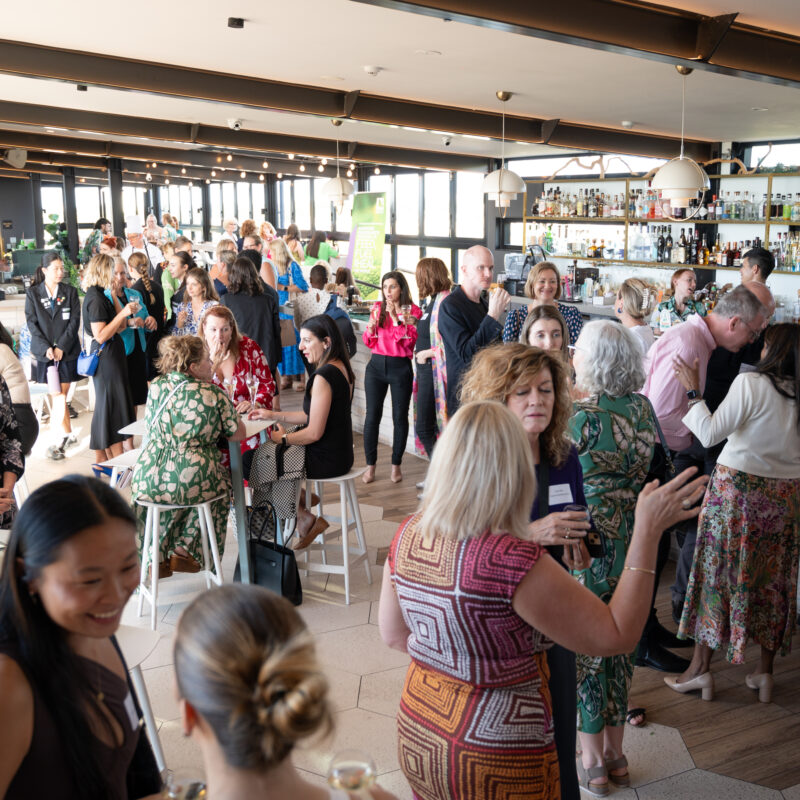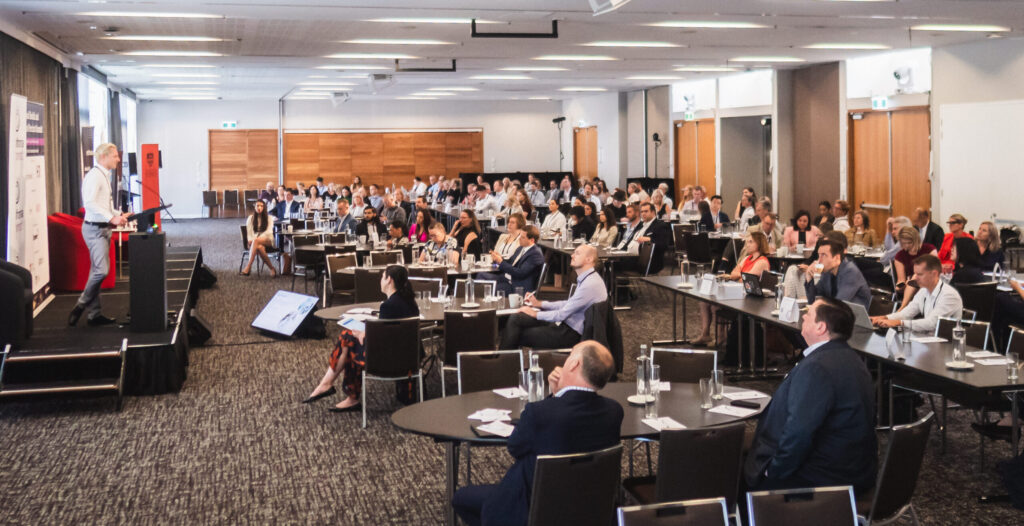
By Precinct Director Craig Rowsell
I had the pleasure of attending the 2023 National Health & Innovation Precincts Summit held in Sydney last week, alongside fellow GCHKP colleagues. This conference, in its second year, brings together key precinct stakeholders from across Australia and overseas including hospitals, universities, government, industry, start-ups and developers to discuss what makes innovation precincts effective in driving impact and investment to their regions. Personally, it was a great opportunity to meet many people that do the same job as me nationally and internationally.
In its simplest form, to improve health outcomes for our community, research and innovation needs to operate hand-in-hand with our health system. The co-location model delivered by innovation precincts is a key enabler of health translation, which also brings opportunity for greater community impact if done correctly, including job creation and economic diversification.
The conference discussed the growth in the number of innovation precincts being established across Australia noting to truly identify as a precinct, the manner in which the different stakeholders interact and work towards a shared vision is the critical element.
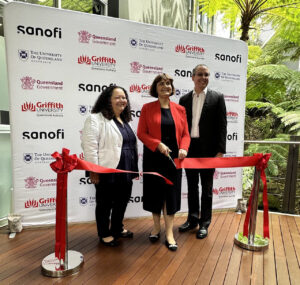
During the summit, Dr Iris Depaz from the Sanofi Translational Science Hub gave insights into the global pharmaceutical company’s deliberate decision to open a new office within the GCHKP, at Griffith University’s Institute for Glycomics.
Dr Depaz described how a casual interaction with a researcher from Griffith University, led to discussion around aligned areas of research, resulting in new research partnerships. Dr Depaz also spoke about the co-location of startups within a precinct, and how they can filter new ideas, making it easier for large companies to innovate.
Gold Coast Health’s Dr Salim Memon spoke about how digital transformation crosses the borders of innovation precincts. He talked to the paradigm shift we are currently experiencing in how health care is being delivered, evident through artificial intelligence and medical imaging advancements. Technology is reducing errors whilst simultaneously improving staff satisfaction.
The more innovation precincts are embraced and supported by health services, the greater the opportunity for integration of new technologies, leading to improved outcomes in health service delivery.
Steve Woodyatt, CEO at precinct company Datarwe, spoke about the significant health and financial outcomes that can be achieved by sharing data. Risks vs rewards need to be weighed up – what benefits do we miss out on if we don’t share data?
Australian health services have significant data outputs and data centers are critical in storing this data locally in Australia as a means to maintain sovereign security. Centralised data platforms enable innovations in health by providing a secure space for clinicians, researchers and industry to access de-identified data to validate technologies, saving money and time.
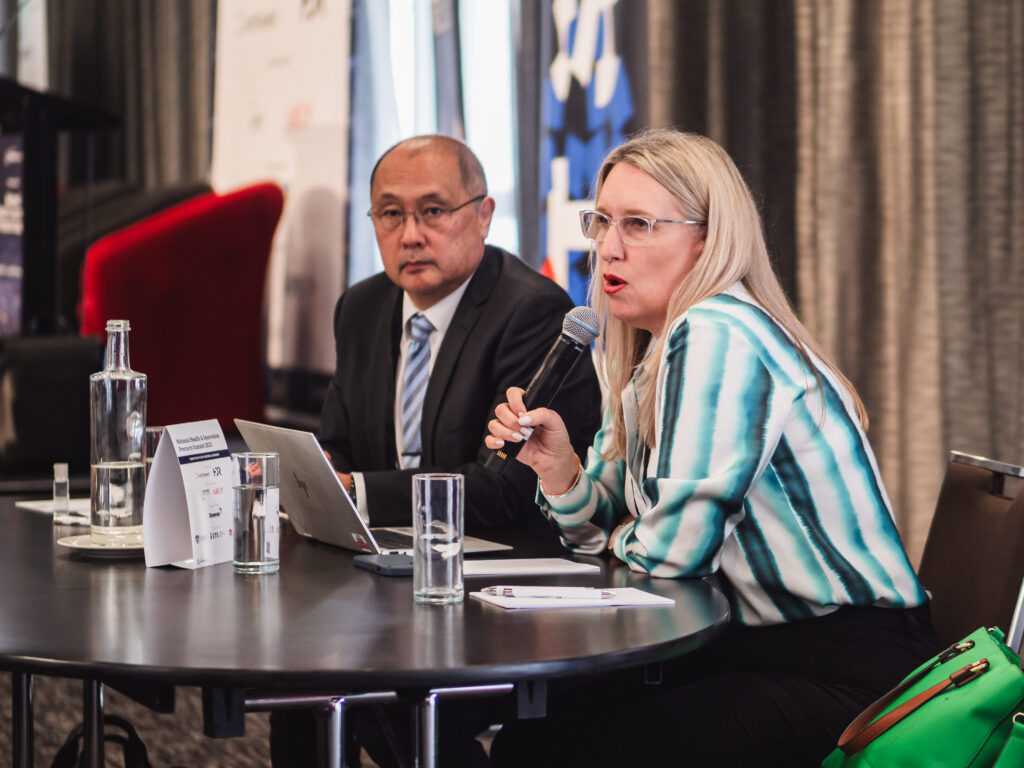
Executive Director of Urban Planning for Economic Development Queensland Leisl Harris, spoke to the need for a unified precinct vision and the importance in investing considerable effort in shaping this vision and determining the value proposition of a precinct. Although this can be challenging, partnership and collaboration in the early stages is critical and will set up a precinct for long-term success. Holding true to an agreed vision is equally important in achieving growth and preserving the value for partners, investors and industry.
Steve Dolores, Senior Development Manager for Economic Development Queensland discussed the influence of responsible placemaking and planning that underpins the physical design of common spaces, and with transport and connectivity is imperative to foster organic connections and ultimately spark innovation.
Co-location with great amenities, backed by good placemaking decisions, attracts talent. Good placemaking is one thing, but the physical space is only as good as the environment it provides for the precinct eco-system to meet and collaborate.
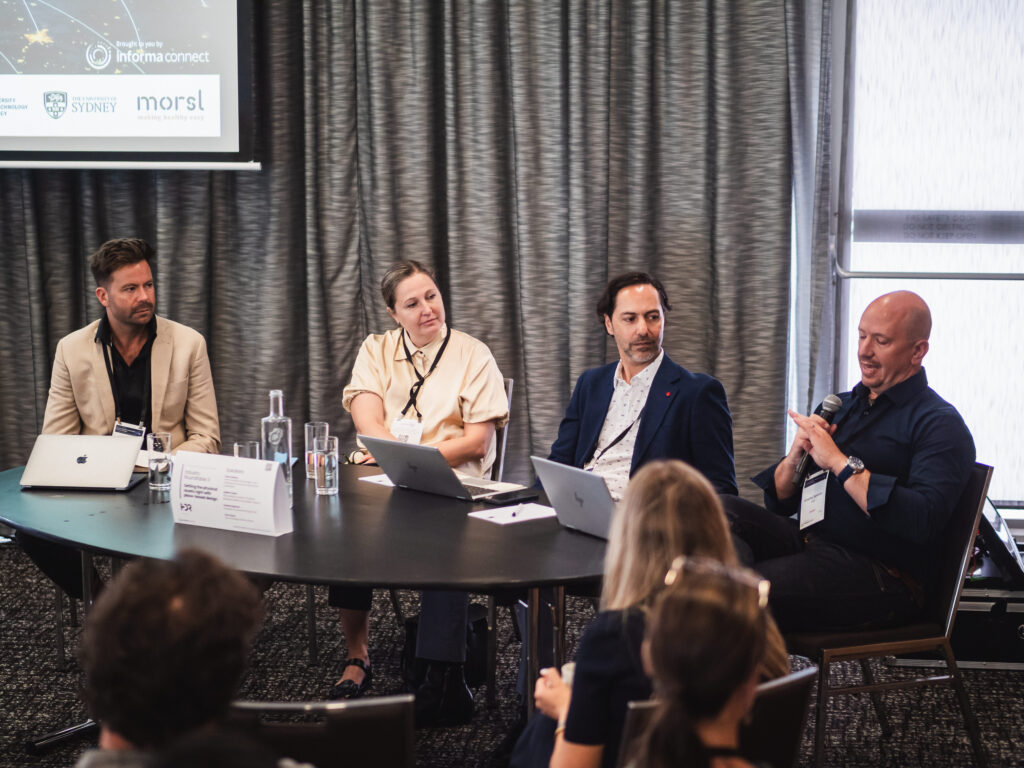
Steve highlighted an important consideration in the overarching governance strategy is to identify how physical spaces will be maintained, managed and curated post-construction. An innovative means is to set up a Precinct Management entity owned by all building owners who share the costs of maintaining public spaces, not unlike a body corporate where a constitution is in place that includes a requirement for activation.
Finally, I led a roundtable discussion with Mark Aimes from Macquarie Park Innovation District and Matthew Proft from Tech Central on “How Precincts Collaborate”. This topic has been a common thread throughout the conference to better share information and best practices, to raise the bar nationally and internationally.
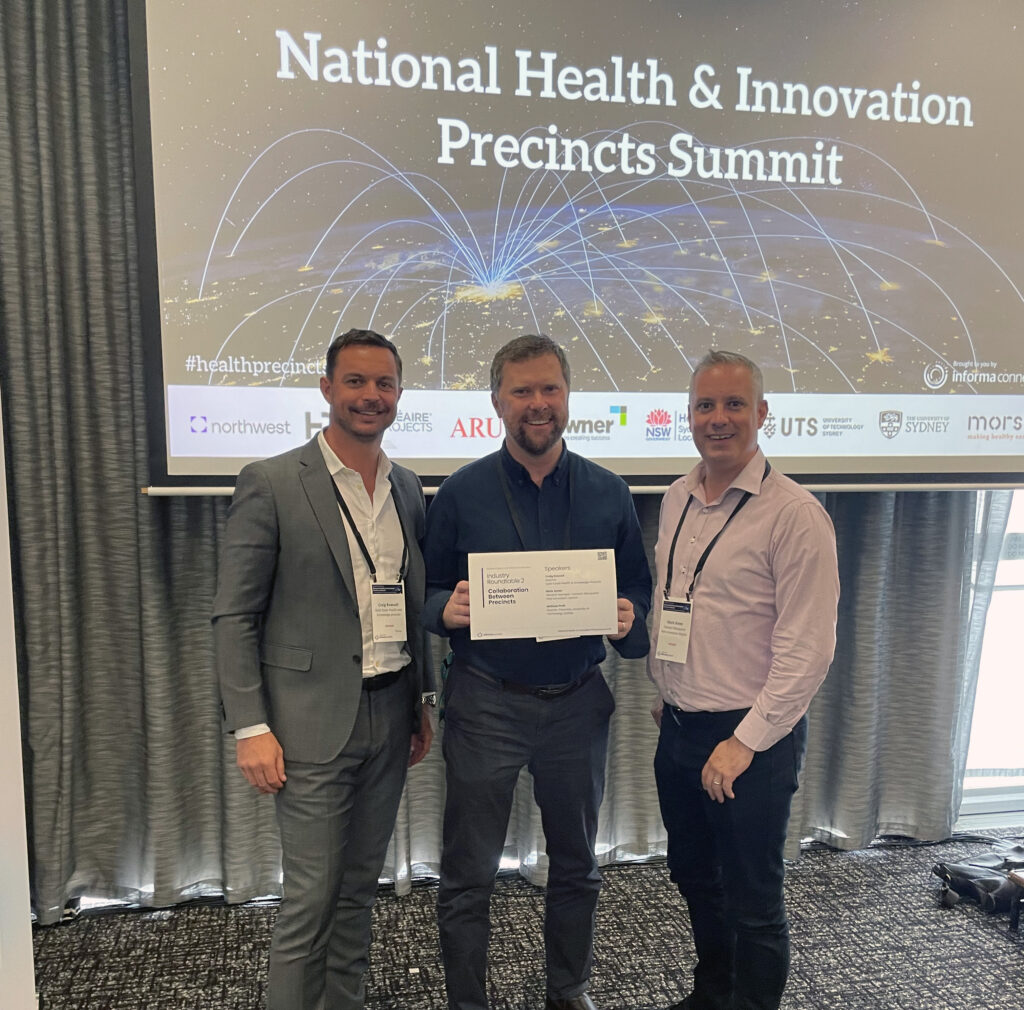
A new group was established off the back of this discussion in the Australian Innovation District Professionals Network, to begin information sharing to build an ecosystem of trust amongst innovation precincts.
The conference concluded with the announcement that the 2024 National Health and Innovation Precinct Summit will be held on the Gold Coast 3-4 December 2024, showcasing the GCHKP.
I hope to see all interested stakeholders attend and continue to raise the profile and build the capacity of innovation precincts in Australia moving forward.
